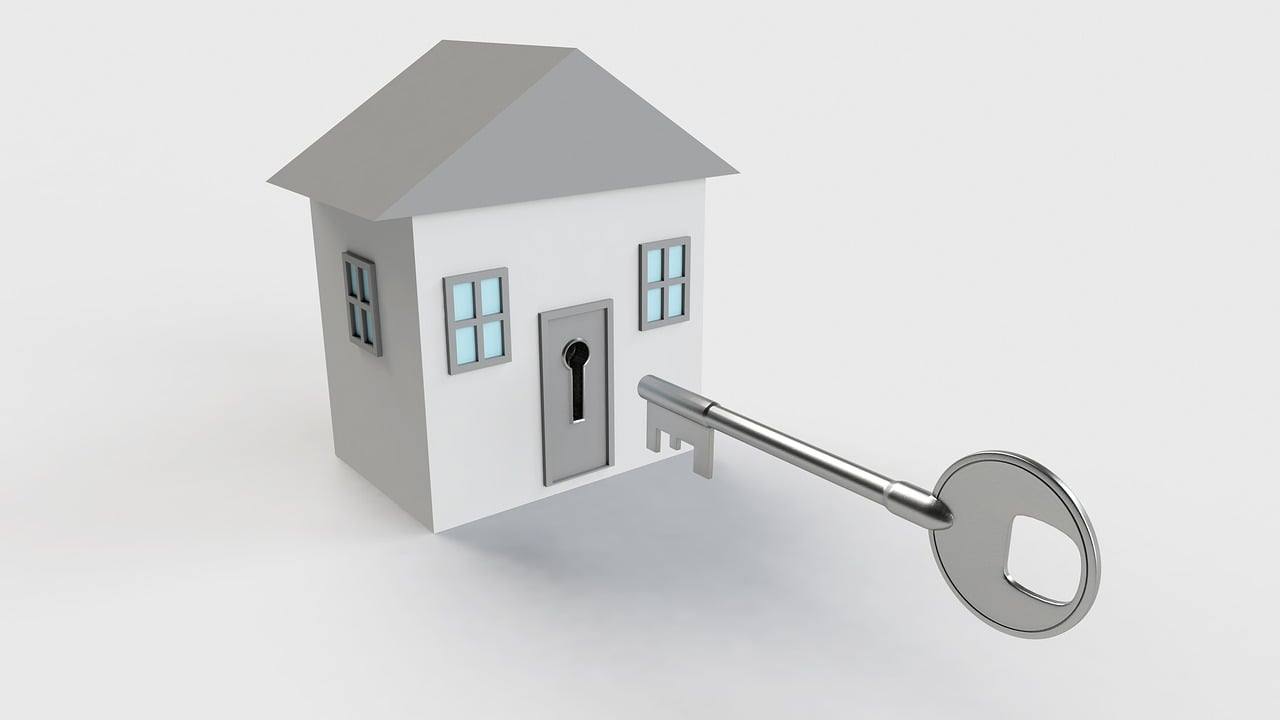In an effort to modernise tenancy laws and make renting fairer for both tenants and landlords, Queensland has implemented significant rental reforms. These changes, which took effect starting 2024, are designed to provide more security to tenants while ensuring that landlords can manage their properties effectively. Here’s a breakdown of the key changes and how they affect everyone involved.
- Ending Tenancies Fairly
One of the cornerstone changes is the new framework around ending tenancies. Landlords must now provide a valid reason (or grounds) listed in the legislation to end a tenancy. These reasons might include the owner moving back in, extensive renovations or the property being put up for sale. This measure aims to prevent ‘without grounds’ evictions with a view to providing tenants with greater housing security.
 Rent Increases
Rent Increases
Under the new reforms, rent increases are limited to once every twelve months for periodic agreements, a change from the previous allowance of every six months. This provides tenants with more stability and the ability to budget more effectively over a longer period.
- Pets in Rental Properties
The reforms also address the issue of pets in all rental properties. Tenants can now request to keep a pet in their rental property, and landlords must not unreasonably refuse consent. However, landlords can impose reasonable conditions to manage potential risks or impacts on the property associated with pet ownership.
- Minor Modifications
Tenants can now make prescribed minor modifications to the property without requiring the landlord’s consent, providing they notify the landlord. These modifications include such things as installing security measures, fly screens or fixtures that enable telecommunication services. All modifications must be reversible and tenants are required to rectify any damage caused by the installation.
- Domestic and Family Violence Protections
Significant improvements have been made to protect tenants experiencing domestic and family violence. Victims can now end a tenancy with seven days’ notice without financial penalty. Additionally, they can change locks and increase security without prior approval from the landlord, although they must notify the landlord of the changes within 7 days.
- Repair Orders
The reforms have strengthened provisions around emergency repairs and maintenance requests. Tenants can now spend up to two weeks’ rent (up from one weeks’ rent) on emergency repairs and must be reimbursed within seven days. furthermore, the definition of emergency repairs has been expanded to include critical services like air conditioning in certain climates.
- Dispute Resolution and Compliance
The process for resolving disputes has been streamlined to make it more efficient. The reforms have also strengthened compliance and enforcement provisions, allowing for better adherence to the laws and quicker resolution of issues.
- Improved Information Sharing
Landlords must now provide prospective tenants with important information about the property before entering into an agreement. This includes whether the property has been affected by flooding or is subject to any major upcoming works.
These reforms mark a significant shift in Queensland’s rental laws, aiming to create a more balanced and fair rental market. By understanding these changes, both tenants and landlords can better navigate their rights and responsibilities, contributing to a more stable and respectful renting environment. As these changes settle in, it will be interesting to observe how they impact the dynamics of renting in Queensland, with hopes that they lead to positive outcomes for all parties involved.
The Queensland Government has also announced its intention to introduce further reforms. However, please be aware that current rental laws continue to apply until any proposed changes are progressed through the Queensland Parliament. A summary of the reforms, if passed, are below:
Summary of key Stage 2 rental reforms announced
- Introduction of a rental bond roll-over scheme to allow bonds to be transferred between tenancies. A bridging bond loan product will be introduced by the Department of Housing, Local Government, Planning and Public Works (the Department) while this scheme is established to assist eligible households to afford the upfront cost of a new bond, pending release of their old bond
- Rent bidding and acceptance of higher rent offers will be banned and penalties enforced
- Rent increase frequency will be tied to the property, instead of the tenancy
- New framework for parties involved in a tenancy to agree on installation of minor modifications
- Entry notice requirement to change from 24 hours to 48 hours’ notice
- Fee free options for tenants to pay rent
- Prescribed timeframes for when tenants must receive utility bills for payment
- Code of Conduct for the rental sector
- Standardised rental application form
- Limiting break lease/reletting fees based off time left on tenancy agreement
- New/improved rental grants and subsidies, and expansion of the Department’s RentConnect frontline service officers (increased to 42 from 21).
#propertymanagement #propertymanagementbrisbane #brisbaneinvesting #equitybuilding #brisbaneinvestmentproperty #errigalproperty #justdifferent #operationtransformaation #repairrefurbrent For more, see www.errigalproperty.au
